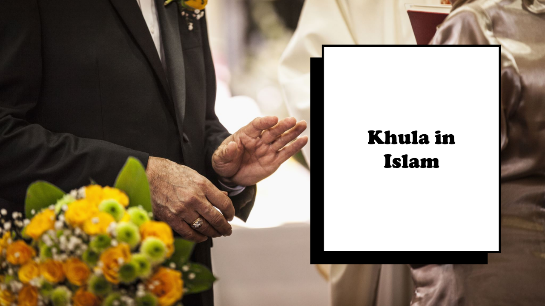





Disclaimer: Copyright infringement not intended.
Context
|
Aspect |
Khula |
Talaq |
|
Definition |
A Muslim woman's unilateral right to seek divorce from her husband through formal court proceedings, often citing reasons like neglect or incompatibility. |
A Muslim man's unilateral right to divorce his wife by pronouncing the word "Talaq," terminating the marriage with immediate effect, with or without any cause, and without a specific procedure. |
|
Initiation |
Initiated by the married Muslim woman, who formally requests the court for Khula, citing valid reasons. |
Initiated by the Muslim man by simply pronouncing "Talaq," without any formal process or requirement to provide a reason. |
|
Reason Requirement |
Requires the Muslim woman to provide a valid reason such as neglect or incompatibility with her husband for seeking divorce. |
No specific reason or cause required; the Muslim man can divorce his wife with or without any cause by simply pronouncing "Talaq." |
|
Financial Settlement |
There may be provisions for the woman to return the 'Mehr' or reach a financial settlement with the husband to end the marriage. |
The man is required to repay the former wife her dowry and any property owned by her after pronouncing "Talaq." |
|
Aftermath |
After Khula, the husband is obligated to financially support the child's education and other needs. |
After Talaq, the man is required to repay the dowry and property owned by the former wife, if any. |
|
Legal Status |
Governed by Muslim Personal Law, Khula is a recognized form of divorce, subject to court proceedings. |
In the past, Triple Talaq was practiced, but on August 22, 2017, the Supreme Court of India declared it unconstitutional, stating it violated Muslim women's fundamental rights and gave men unequal rights to divorce their wives. |
Background:
Key Points from High Court Judgment:
Current Status:
Implications and Future Course:
|
PRACTICE QUESTION Q. To what extent should personal laws be subject to judicial scrutiny and reform to ensure gender equality and protection of individual rights in a diverse and secular society like India? Comment. |





© 2025 iasgyan. All right reserved